Become the Caddy of Great Conversations
This morning I found myself in a Clubhouse room that I’ve been joining regularly. For those of you who aren’t familiar with Clubhouse, it is a new social media app centered on meeting rooms for people to discuss various topics. This morning’s topic was with Joe Ferraro, host of the 1% Better Podcast and someone who I have been interacting with regularly for the last several weeks to improve the quality of my conversations and ability to ask questions. During our meeting a question of what role the host, guest and audience play in having a “damn good conversation” (Joe’s signature line) was asked to the group. As I sat there pondering this important dynamic and what role I try to play as the host an analogy came to mind of the golfer and caddy. It was a big hit in the room, so I was told it was my responsibility to blog about it, so here we are. This one’s for you Joe.
When I think about having incredible conversations there are many things that come to mind to make up the key components. As an athlete my mind always tries to connect outside questions with athletics to create pictures and make sense of things. Today, this sport was golf. When you think about a golfer and caddy working together to attack a course there are a lot of things that happen that dictate that golfer’s round. Much like a conversation, there are many things that can happen which determine the overall direction and success of that particular conversation. For today, let’s think of a golfer going through a round. The caddy is the host, the golfer is the guest and the audience is the gallery (which for this particular blog post I won’t touch on too much).
As the caddy, it is our responsibility to read the course, know what particular obstacles lay ahead and select the right club and shot for each situation. A great host will find themselves selecting the right club more often and their guest will land the ball in the fairway and make the green in regulation with easy “tap it in” putts. With each question for a particular hole we need to select the right club (question), and as we get closer to the hole we must make more and more precise shots. What I mean is, when we hand our golfer the driver there’s a large area we’re trying to hit, we just want to land in the fairway. However, landing on the green is tougher, getting it close to the pin is even harder, which means the room for error becomes smaller and smaller. So, when we think about the conversation, the initial question is all about setting up the next shot. We want to hit the ball down the fairway and put ourselves in a position to ask a deeper follow-up question and land it on the green. When we really nail a follow up question that’s like holing it from the fairway for Eagle.
Now, not all first shots land in the fairway and what’s important to understand is a bad first shot can still be recovered and par can still be made by getting back in the fairway and finding the green. However, what that means is we must recognize as the host when a question doesn’t hit the mark and the shot goes awry. We have to recognize this and be aware of what club we hand our golfer next to play it back onto the fairway. What we really don’t want to miss is a read late in the hole. When we’re on the green and need to make a putt for par, if we misread the green, that putt can cost us a successful hole. Asking the right follow-up questions to hammer home an idea or point can make or break that hole or section of conversation. Therefore how well we pay attention to the conversation, peel back the proverbial layers, then when we get closer to the hole, sink the putt and get the gold we so desperately seek.
The other part of this dynamic that makes this analogy work is the golfer. The golfer has to take the information from the caddy and trust the information to make the shot. I think the relationship and trust that happens between the host and guest is like that of a caddy and golfer. If the guest doesn’t trust the host when they’re presented with a question they may be reserved in their answer and not open up to allow the depth of that conversation to advance. Much like a golfer who doesn’t trust a caddy’s read of the green may stop them from making a difficult putt, the trust and rapport of the host and guest can lead to successful conversations or awkward moments and lackluster information given.
Obviously there is a lot that can be explored in this analogy, but today I wanted to start by just exploring some of the basics. The final thing I want to convey is this. As a caddy the better we become at reading the green and understanding the obstacles of the course, the more consistently we will put our golfer in a position to win. What that means for us is that we can help play into the strengths of our guests and set them up to deliver powerful and impactful information more consistently. Like a great caddy can improve a golfer’s score by multiple strokes, a good host can consistently deliver great conversations to the audience that leaves them with value.
Become the host that knows the course you’re playing. Understand where the difficult shots are, know when to lay up and when to go for it. Have a shot for every situation, and when the moment comes be ready to push the golfer into a position to win. There will always be guests that shine no matter what we ask them, just like there are golfers who can win no matter their caddy. Enjoy those moments, but when we have a chance to impact a round with a great read, be ready to make it happen.
I hope this analogy was as fun for you to read as it was for me to write. I hope it created some thoughts about what kind of caddy you are and what kind of caddy you hope to become. No matter where you are in your conversation development know we can always grow. Even the best caddy will make a bad read from time to time. The golfer won’t always take our advise and make a perfect shot. There may also be times that we think we had the best read only to find out it wasn’t that good and the shot wasn’t there. Ultimately what will make the difference between being a successful host (caddy) or not isn’t how well you make each read, but how well you can adjust to the outcome of your initial read. Can you get the conversation back in the fairway, or will the arrant shot cost you an entire round? Make your next round memorable!

